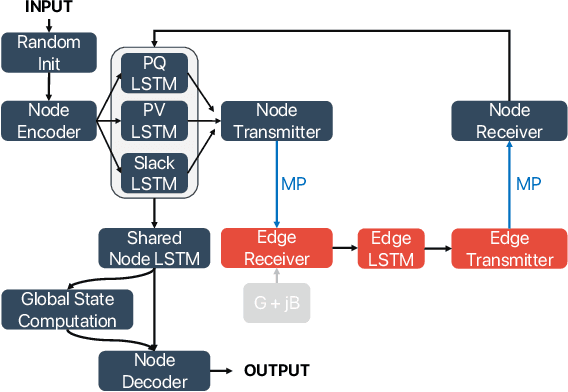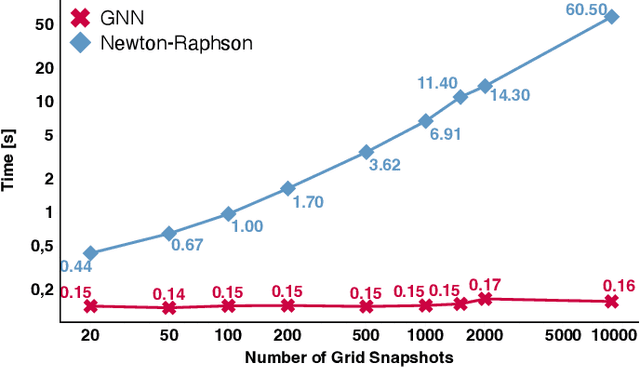Bastian Jung
Efficient learning of nonlinear prediction models with time-series privileged information
Sep 16, 2022



Abstract:In domains where sample sizes are limited, efficient learning algorithms are critical. Learning using privileged information (LuPI) offers increased sample efficiency by allowing prediction models access to types of information at training time which is unavailable when the models are used. In recent work, it was shown that for prediction in linear-Gaussian dynamical systems, a LuPI learner with access to intermediate time series data is never worse and often better in expectation than any unbiased classical learner. We provide new insights into this analysis and generalize it to nonlinear prediction tasks in latent dynamical systems, extending theoretical guarantees to the case where the map connecting latent variables and observations is known up to a linear transform. In addition, we propose algorithms based on random features and representation learning for the case when this map is unknown. A suite of empirical results confirm theoretical findings and show the potential of using privileged time-series information in nonlinear prediction.
Solving AC Power Flow with Graph Neural Networks under Realistic Constraints
Apr 14, 2022



Abstract:In this paper we propose a graph neural network architecture solving the AC power flow problem under realistic constraints. While the energy transition is changing the energy industry to a digitalized and decentralized energy system, the challenges are increasingly shifting to the distribution grid level to integrate new loads and generation technologies. To ensure a save and resilient operation of distribution grids, AC power flow calculations are the means of choice to determine grid operating limits or analyze grid asset utilization in planning procedures. In our approach we demonstrate the development of a framework which makes use of graph neural networks to learn the physical constraints of the power flow. We present our model architecture on which we perform unsupervised training to learn a general solution of the AC power flow formulation that is independent of the specific topologies and supply tasks used for training. Finally, we demonstrate, validate and discuss our results on medium voltage benchmark grids.
 Add to Chrome
Add to Chrome Add to Firefox
Add to Firefox Add to Edge
Add to Edge